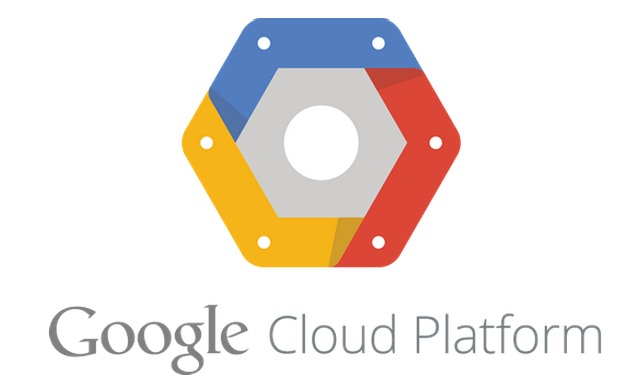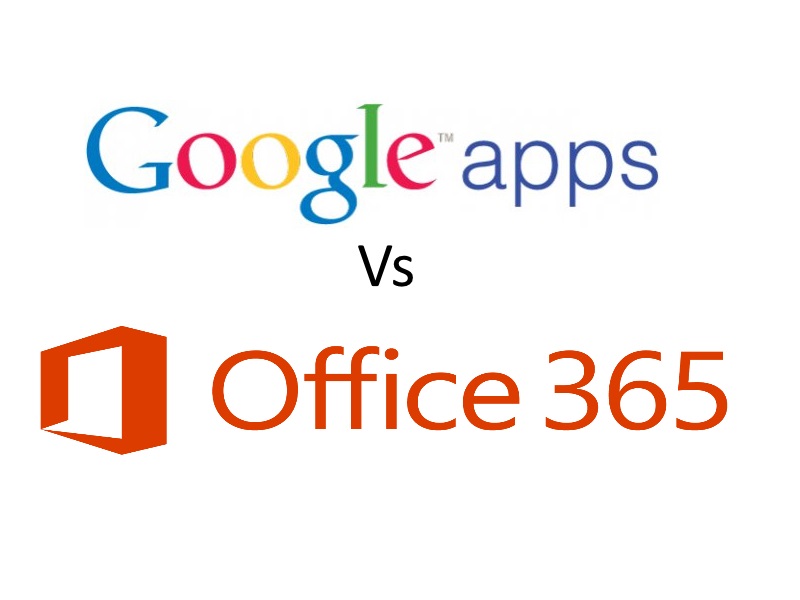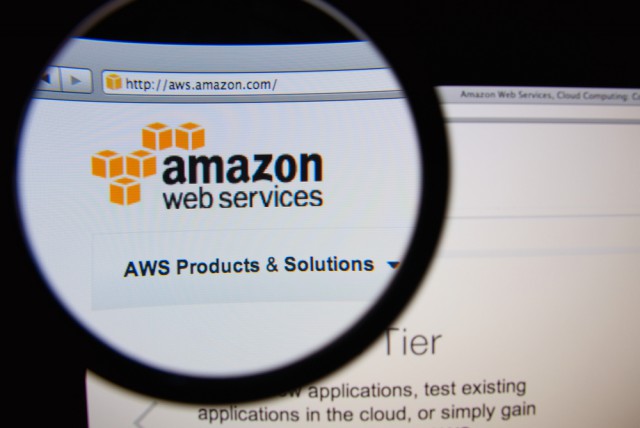
Google Cloud Platform will offer GPU options next year
Google has announced that early next year it will be adding graphics processing units (GPUs) as a service to its Cloud Platform in order to better compete with its rivals.
GPU as a service is already available on Amazon Web Services, Microsoft Azure and IBM's Bluemix, but Google's Cloud Platform will seek to differentiate itself by offering a variety of GPUs for customers to choose from. The company will allow users the option to use two AMD FirePro S9300s or either a Nvidia Tesla P100 or K80.

IBM launches new services to help enterprises with cloud migration
Businesses are turning to the cloud as a way of coping with ever larger amounts of data. But moving to the cloud at the same time retaining control of where data resides and how it’s accessed is a challenge.
To help enterprises migrate and more easily generate business insights, IBM is announcing a range of new services on its Bluemix cloud platform.

Cloud use could be putting businesses at risk
According to a new study, 69.7 percent of cloud applications do not specify whether the customer keeps ownership of uploaded data, just 8.7 percent commit to not sharing data with third parties, and only 16 percent delete data immediately after contract termination.
All three of these things could leave businesses open to non-compliance files under the EU's GDPR requirements. The report from cloud security company Skyhigh Networks analyses real life cloud usage data from 30 million cloud users worldwide to assess the risk the cloud presents.

What you need to consider before adopting Microsoft Office 365
The cloud-based office productivity software market is expected to reach $17 billion in 2016. That’s more than a 400 percent increase from 2009 when the market was valued at $3.3 billion.
With the success of cloud-based applications and their pay-as-you-go model, it shouldn’t be surprising that the cloud version of one of the most widely used desktop application packages would grow to become a popular choice for businesses. I’m of course referring to Office 365, Microsoft’s leading productivity and work software package delivered via the cloud.

35 percent of cloud spend is wasted through inefficiency
In the dash to the cloud it's easy to lose sight of the fact that it isn't necessarily always the answer to spending your IT budget in the most efficient way.
New data released by cloud management company RightScale reveals that cloud users could reduce their spend by an average of 35 percent by making better use of resources.

Office 365 and G Suite now in 59 percent of organizations worldwide
Cloud adoption has hit an all time high in 2016, largely driven by productivity packages like Microsoft Office 365 and Google's G Suite, according to a new report.
Data protection company Bitglass scanned the cloud use of more than 120,000 companies to identify the primary cloud productivity suite used. It finds 59 percent of organizations worldwide now use one of these two apps, up from 48 percent in 2015.

New security solution protects Office 365 customers
More and more companies are moving their office applications to the cloud and Microsoft Office 365 is one of the most popular options with around 85 million subscribers.
One of the major concerns with this trend is keeping information secure, to address this IT management solutions provider Kaseya is launching its latest AuthAnvil. An identity and access management solution, this provides single sign on (SSO), multifactor authentication (MFA) and automated user provisioning for Office 365.

Why you need to know who owns your encryption keys [Q&A]
As companies move more of their data to the cloud it's not surprising that they’re turning to encryption in order to keep their data safe.
But if you're using a third-party cloud provider, who owns and controls the keys to your encrypted data? Rui Biscaia, director of product management at data classification specialist Watchful Software believes it's vital for companies to know.

What you need to know about converged infrastructure
Information technology infrastructure is made up of many components, servers, storage, networking hardware, systems management software, and more. This can lead to a complex system being built up of components from several different suppliers.
What converged infrastructure does is to bring together all of these things into a single, integrated package. For businesses this means that they can centralize the management of all their IT resources with a view to increasing use and cutting costs. Converged infrastructure is often associated with the cloud and outsourcing, but it can work just as well applied internally within large organizations too.

SAP launches new version of its HANA platform
Enterprise application company SAP is releasing a new version of its in-memory SAP HANA real-time computing platform.
SAP HANA 2 builds on the proven HANA technology to add new and enhanced functions that can enhance data management and accelerate application development.

The trends in Public, Private, and Hybrid Cloud: Which is right for you?
Organizations are rapidly migrating to the cloud. According to the 2016 Cloud Migration Survey, the top reasons for the cloud rush are the promise of high availability, reliability and potential cost savings. Companies, however, are not taking a one-size fits all approach. They are recognizing the pros and cons of private versus public cloud and tailoring their migration strategies to meet their needs.
The RightScale 2016 State of the Cloud Report, which includes responses from over one thousand technical professionals, notes that private cloud adoption by organizations will rise from 63 percent in 2015 to 77 percent in 2016. Because more companies are adding private cloud to their environments, it opens up the possibilities for hybrid cloud. Seventy-one percent of them now operate in a hybrid cloud environment which enables them to combine the benefits of both public and private platforms.

AWS more popular than Microsoft, Google and IBM's clouds combined
Amazon Web Services is the undisputed leader in the public cloud market, with a market share larger than the next three competitors -- Microsoft, Google and IBM -- combined, according to a new report from Synergy Research Group.
In Q3 2016, AWS had a share of around 45 percent in the public IaaS (infrastructure as a service) market, while Microsoft's Azure, Google's Cloud and IBM's cloud did not even get past the 20 percent mark.

The changing face of the enterprise storage market [Q&A]
The growth of cloud usage, increasing volumes of information and a switch towards software defined systems based on commodity hardware have all had an impact on the storage market.
About a year ago we spoke to Mark Lewis, Chairman and CEO of storage specialist Formation Data Systems to get his views on the future of enterprise storage. This week we caught up with Mark again to find out how much the market has changed in just a short time.

Cloud sandboxing for DevOps: What you need to know
Sandboxes provide environments for developers and testers to reproduce even the most complex infrastructures, from data centers to public and hybrid clouds.
Sandboxes allow ITOps and dev/test teams to create personalized replicas of production environments with self-service, on-demand environments that can quickly allow even the most complex environments to be created, modeled, orchestrated and deployed -- from physical patch panels to distributed applications. This can rapidly speed up release cycles while drastically lowering cost and reducing risk.

DevOps is driving the move to cloud-first businesses
New research from cloud business management specialist ServiceNow indicates that enterprise cloud services have reached a tipping point, with 52 percent of respondents saying they would select cloud as the platform of choice for new business applications.
In addition 85 percent say they now are headed towards a cloud-first footing, with almost nine out of 10 saying they will complete the shift within two years.